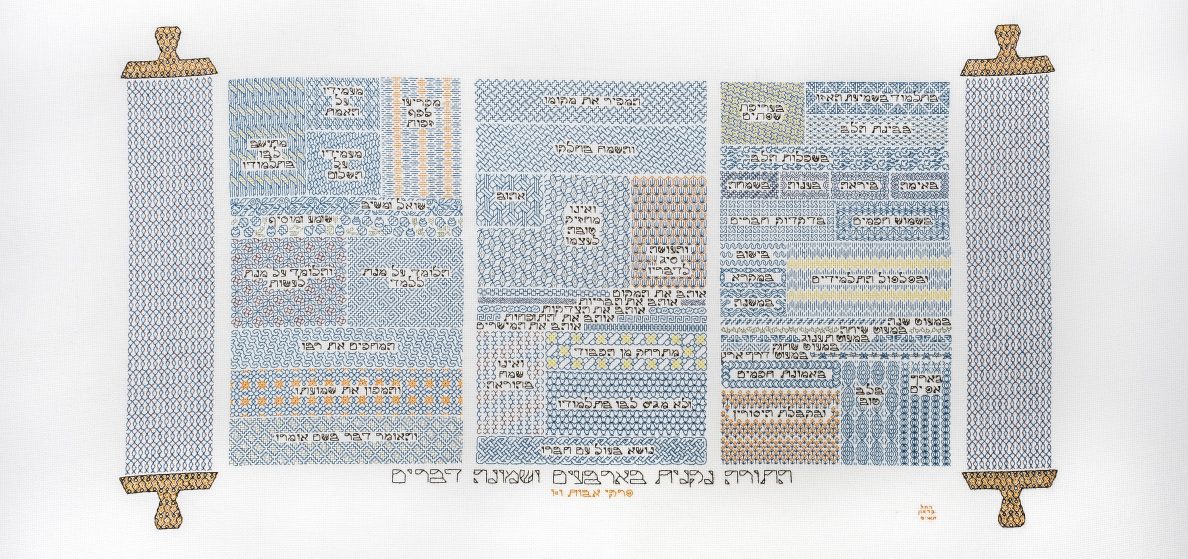Yesterday, we finished the 5778 Torah reading of parashat Pinhas, and I enjoyed hearing one of my favorite texts of Bamidbar (Numbers). No, it wasn’t the brave proposals of the daughters of Zelophehad, seeking a fair allocation of their father’s tribal property that might have been lost for lack of male heirs. But the Census! Yes, another census – this one commanded by God in direct interaction with El’azar. Presumably, this census would have illuminated the clan size and land needs of the Israelite tribes, in anticipation of their entry into the Promised Land. We have an entire delightful chapter, Numbers 26, devoted to their names and numbers.
Only against this backdrop does the claim of the daughters of Zelophehad make sense. If God wants El’azar and Moshe to enumerate the tribes by their clans, each family matters. The concerns of Mahlah, No’ah, Hoglah, Milkah and Tirtzah are perhaps not a feminist innovation, but an understanding that in a culture that counts their father’s household, their father’s household does indeed count.
Currently, in the United States, Commerce Secretary Wilbur Ross and the Trump Administration propose adding a question to the 2020 Census asking for citizenship status. From the perspective of statistical practice, this is foolish; there isn’t time to properly field-test such a question. The motivation is clear in Trump’s America. All immigrants — legal immigrants, green card holders, undocumented immigrants, and perhaps even naturalized citizens — would be wary of this question, and response rates would fall. Our American community would lose the national portrait our Census is supposed to provide, and states with high immigrant populations would lose dearly, whether in highway funds or adequate school construction.
Like Zelophehad’s daughters, Ross and Trump know that the Census is about who counts, who matters, who is seen, and who is cared for. The daughters stood before Moses, El’azar, the chieftains of the tribes, and indeed, the whole assembly, and made their claim. We can as well.

